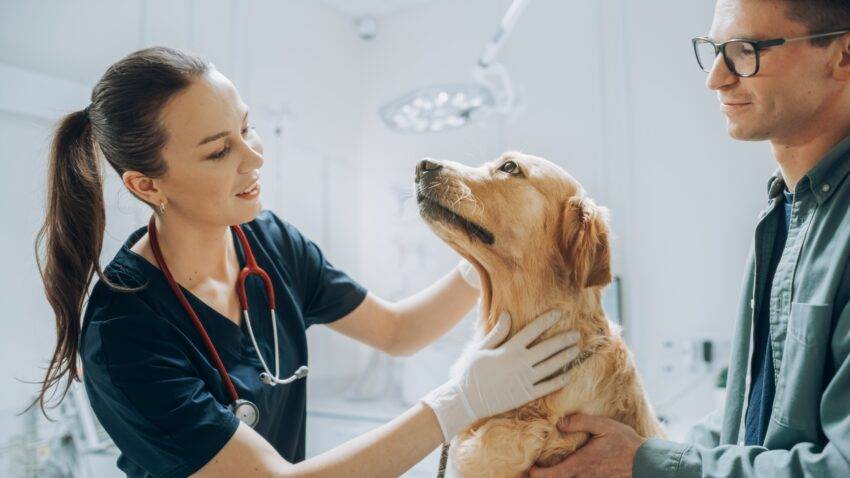Business
CMA considers limiting prescription costs for veterinarians during sector inquiry

The UK Competition and Markets Authority (CMA) is considering a cap on veterinary prescription costs as it looks into the sector to address concerns that pet owners are being overcharged for treatments.
The formal investigation by the CMA comes after it received 56,000 responses from pet owners, vets and charities following an investigation launched last year. The study was designed to understand whether consumers were paying excessively for veterinary services and medications.
The CMA highlighted that pet owners often struggled to pay vet bills and were not always given clear treatment options or pricing information. The British Veterinary Association (BVA) has welcomed the review, labeling the sector’s regulation as ‘woefully outdated’.
The watchdog estimates that 16 million British households have at least one pet. According to the Office for National Statistics, the cost of veterinary and other pet services has risen by around 50% since 2015, which is significantly higher than overall inflation.
One of the CMA’s biggest concerns is the consolidation of the veterinary market, with more than half of the UK’s veterinary practices now owned by just six major companies: CVS, Independent Vetcare Ltd, Linnaeus, Medivet, Pets at Home and VetPartners. This consolidation can limit consumer choice, as these companies often retain the brand name of independent practices they acquire, potentially creating an “illusion of competition.”
The CMA’s research will focus on several key areas:
– Whether consumers receive sufficient information to make informed decisions.
– The consequences of the limited choice of veterinarians in certain areas for pet owners.
– The profitability of veterinary companies.
– Whether veterinary companies have the incentive and ability to limit consumer choice when offering treatments or services.
– The need for regulatory changes in the market.
Possible interventions by the CMA could include enforcing transparency in pricing and treatment information, imposing maximum prescription charges and even mandating the sale or break-up of large veterinary companies.
Sarah Cardell, CEO of the CMA, said: “We have heard from people who are struggling to pay vet bills, may be paying too much for medicines and don’t always know the best treatment options available to them. The message from our veterinary work to date is loud and clear: many pet owners and professionals have concerns that require further investigation.”
Malcolm Morley, senior vice president of the BVA, expressed support for the investigation and emphasized that the BVA has long raised similar concerns. He noted that independent veterinary practices often face higher wholesale drug prices than those available to consumers online, further complicating the pricing landscape.
The CMA’s findings and any resulting actions could significantly reshape the veterinary market, with the aim of increasing transparency, affordability and choice for pet owners across the UK.











